Dal 2013 ad oggi • RCS – Corriere della Sera
LA LETTURA
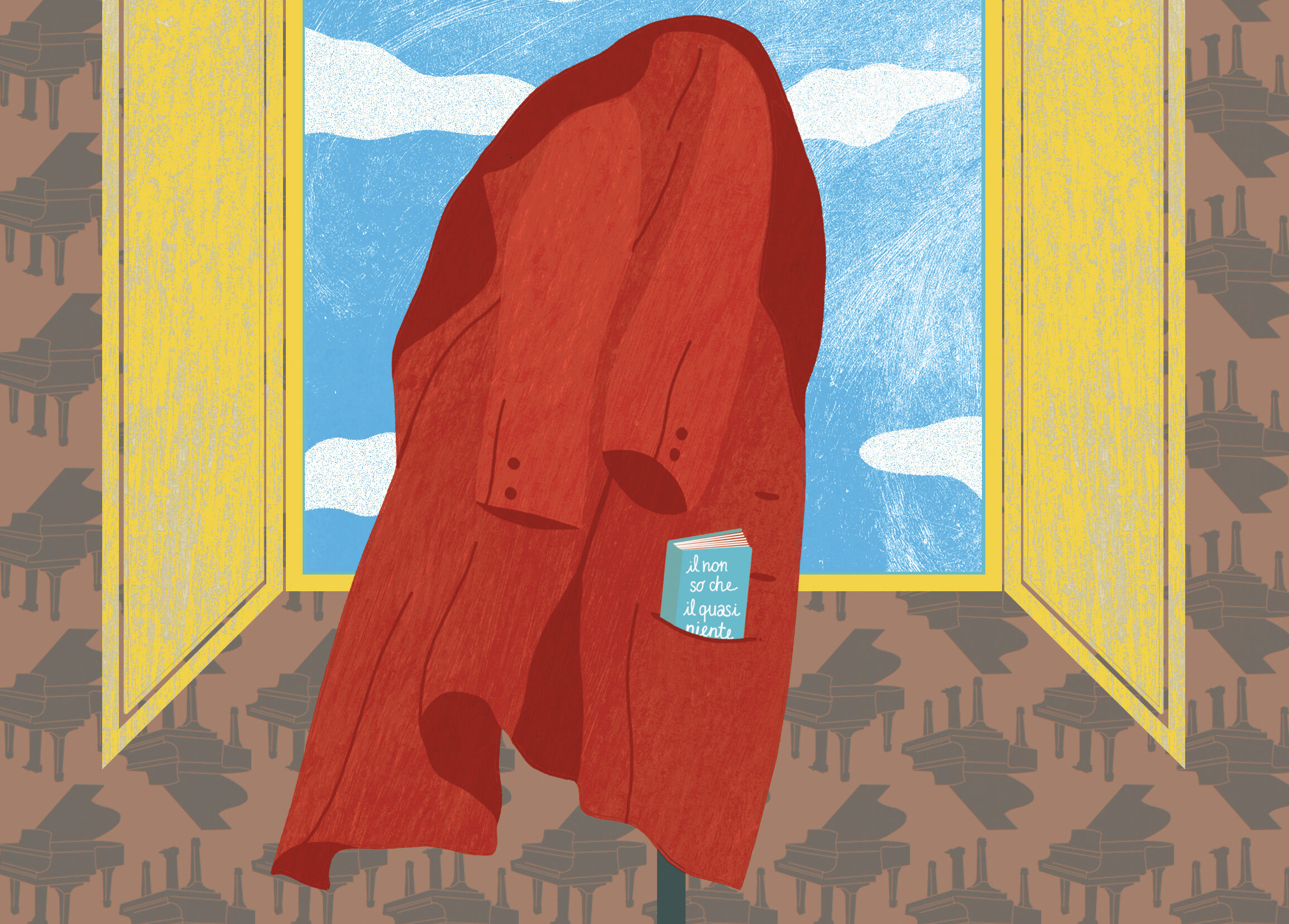
Dal 2013 ad oggi • RCS – Corriere della Sera
LA LETTURA
Illustrations for the cultural supplement of the Corriere della Sera newspaper.
TECHNIQUE Mixed Media
ESPOSIZIONI Participation in the exhibition Il colore delle parole La Triennale1 di Milano – 2017
The examples of illustrated articles vary from literature to philosophy to authors, opinions and culture in general.

The Polynesian rituals which create the We overcoming the I.
In response to the restriction measures set out for Christmas 2020 which prevented many people sharing their traditional Christmas rituals due to the spread of the pandemic, the anthropologist Adriano Favole2, using the example of Polynesian customs, reflects on the importance of the collective sharing of rituals.
“A myth from Oceania tells the story of the distress of a young child who found themselves in the world of their ancestors. Here there is an abundance of food but the child feels the need to return to the land of the living to rediscover the warmth of sharing. It is an example of how deep rooted the reciprocity of being is for those people, which expresses itself in an extraordinary variety of customs and ceremonies which are always celebrated in the spirit of being together”.
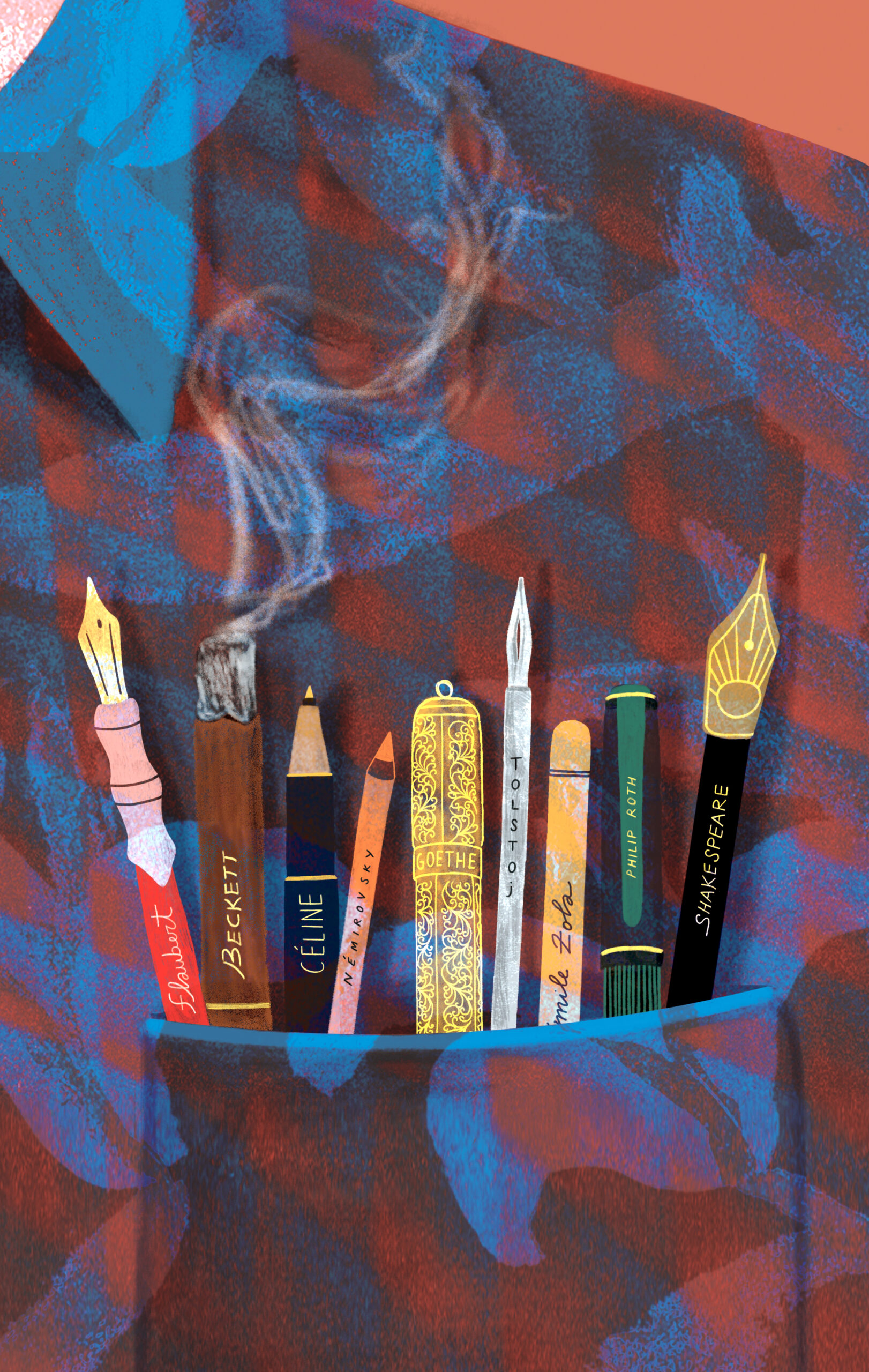
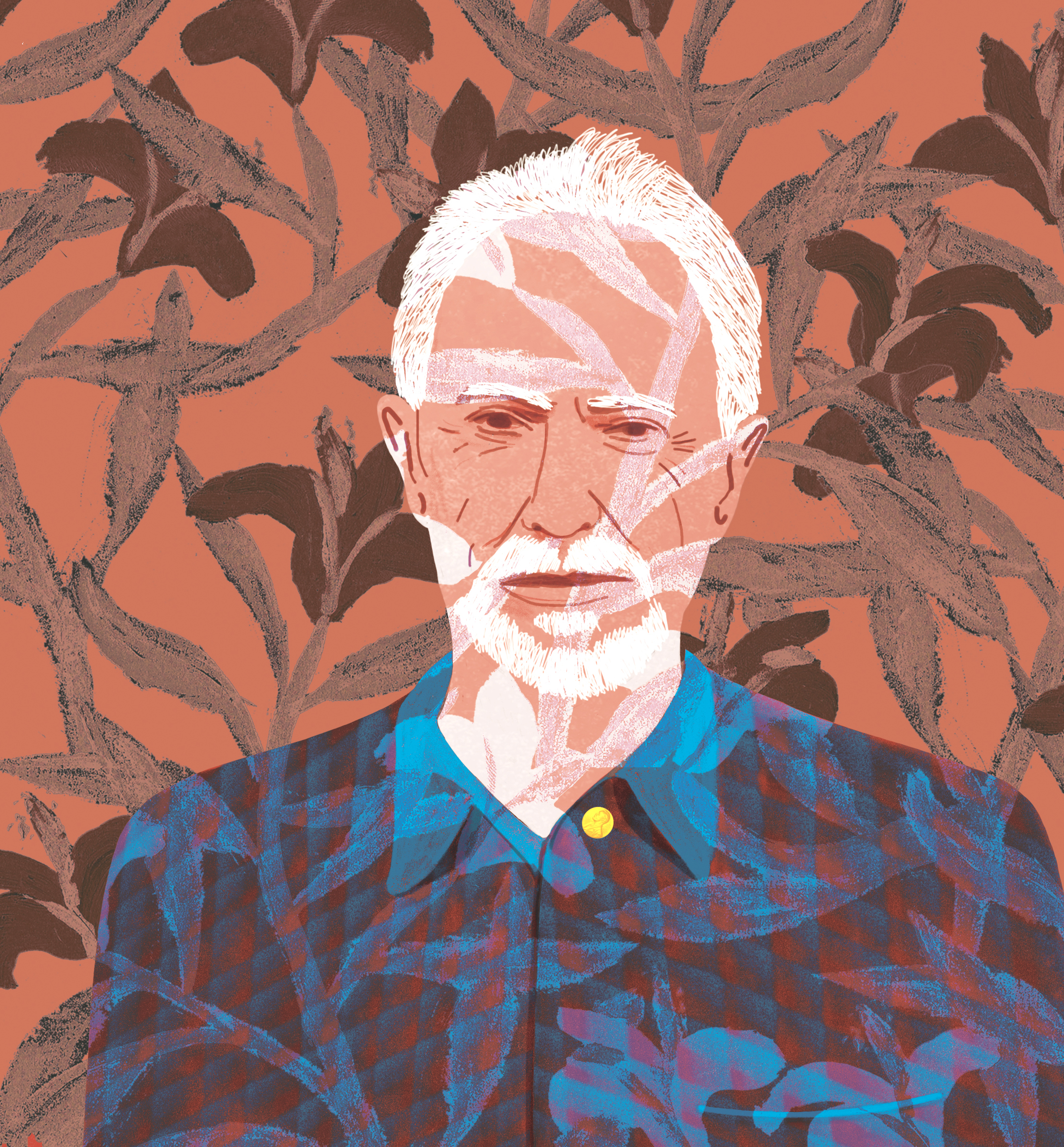
I passi falsi mi piacciono: sono la vera letteratura
Intervista al Premio Nobel J. M. Coetzee.
J. M. Coetzee narratore sudafricano vive in Australia e si dedica all’insegnamento e alla scrittura, concentrandosi sugli autori francesi e di lingua anglosassone, dai quali ha raccolto il testimone.
Lo fa anche nella raccolta di “Saggi” che arriva in Italia e in questa conversazione: Gustave Flaubert e Irène Némirovsky, Samuel Beckett e Goethe e Tolstoj e l’amatissimo Philip Roth “il più grande romanziere americano dopo William Faulkner, capace di misurarsi con Sofocle e con Shakespeare.
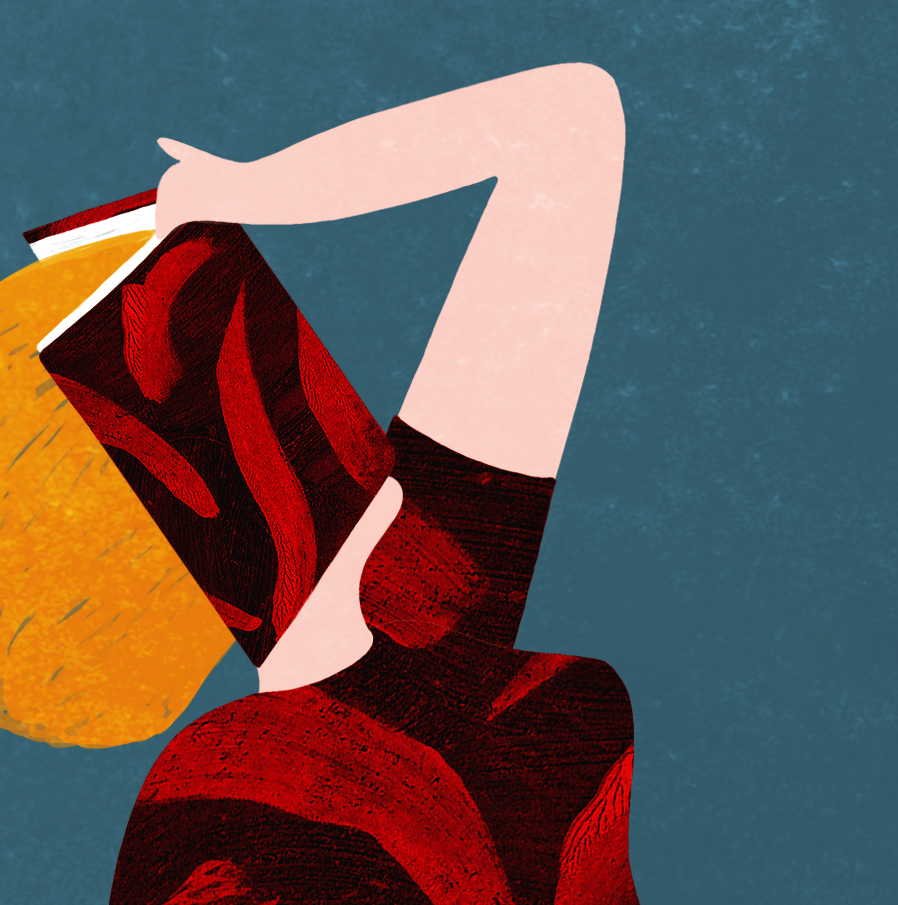
That word
Review of the book Cagna (Bitch) by Louise Chennevière3 published by Giulio Perrone Editore.
“The protagonist of this story is an author who published a book which should have liberated her instead the title plagues her unforgivingly…”
Cagna is a manifesto, a real accusation, it’s a collection of reports with a great social and psychological power. Louise Chennevière’s work presents itself as a compilation of snippets which together create a novel which is fragmented yet remains cohesive thanks to the eccentric chorus of female voices which sing it. The narrator shrinks back due to that great, ancient fear which derived from and is strengthened by the prohibition on women’s speech.
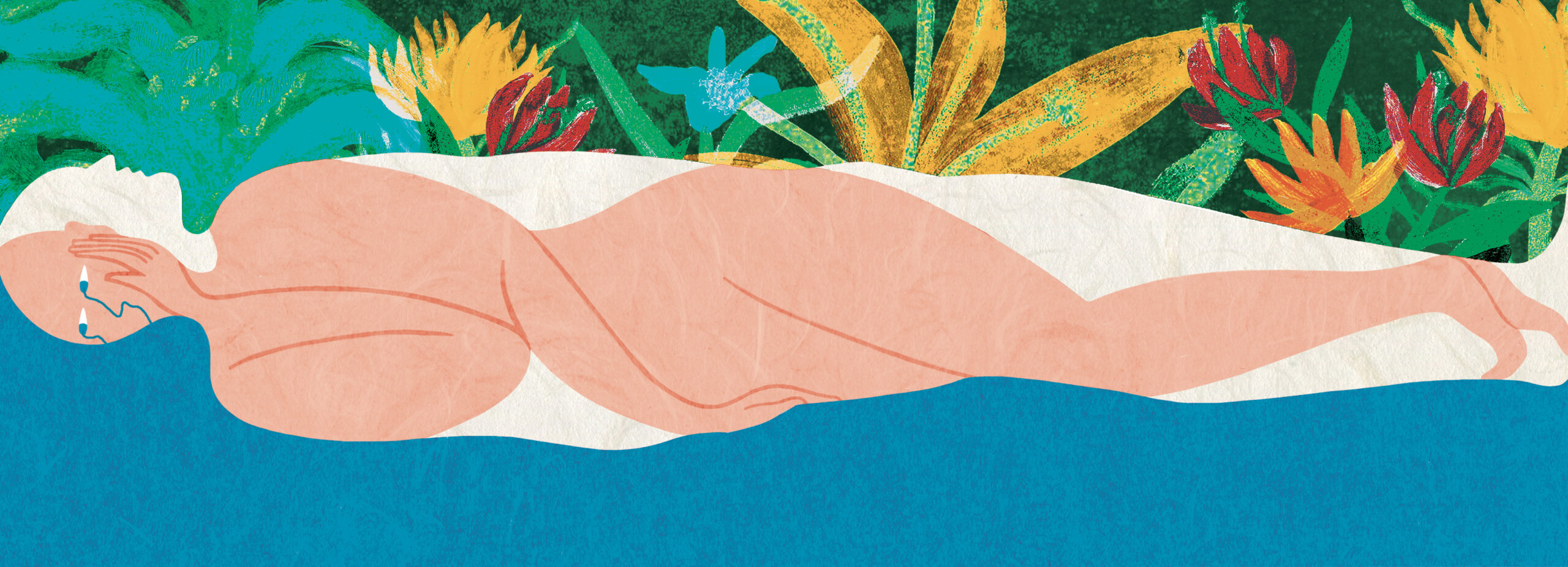
Pain makes us Human
Comments Byung Chul Han4 the South Korean philosopher in an interview about his new book La Società senza Dolore (The Palliative Society: Pain Today) published by Einaudi Editore.
He reflects on a condition where today’s society tends to remove – he states – even through an excessive trust in medical techniques: pain. He explains that “only the truth hurts” and “if breakups don’t cause suffering, it means the bonds weren’t true”.
His vision isn’t pessimistic but claims: “life is more than mere survival. I don’t glorify pain however without it our existence is incomplete”.
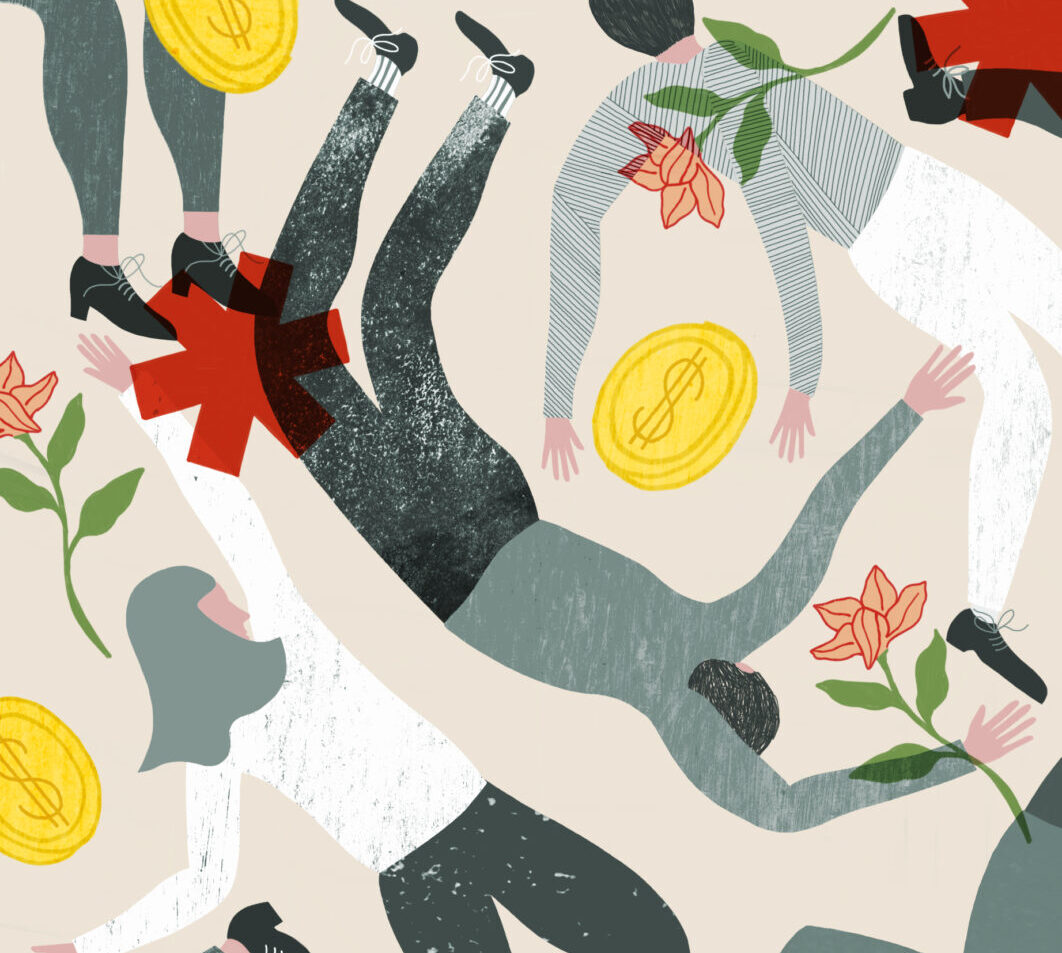
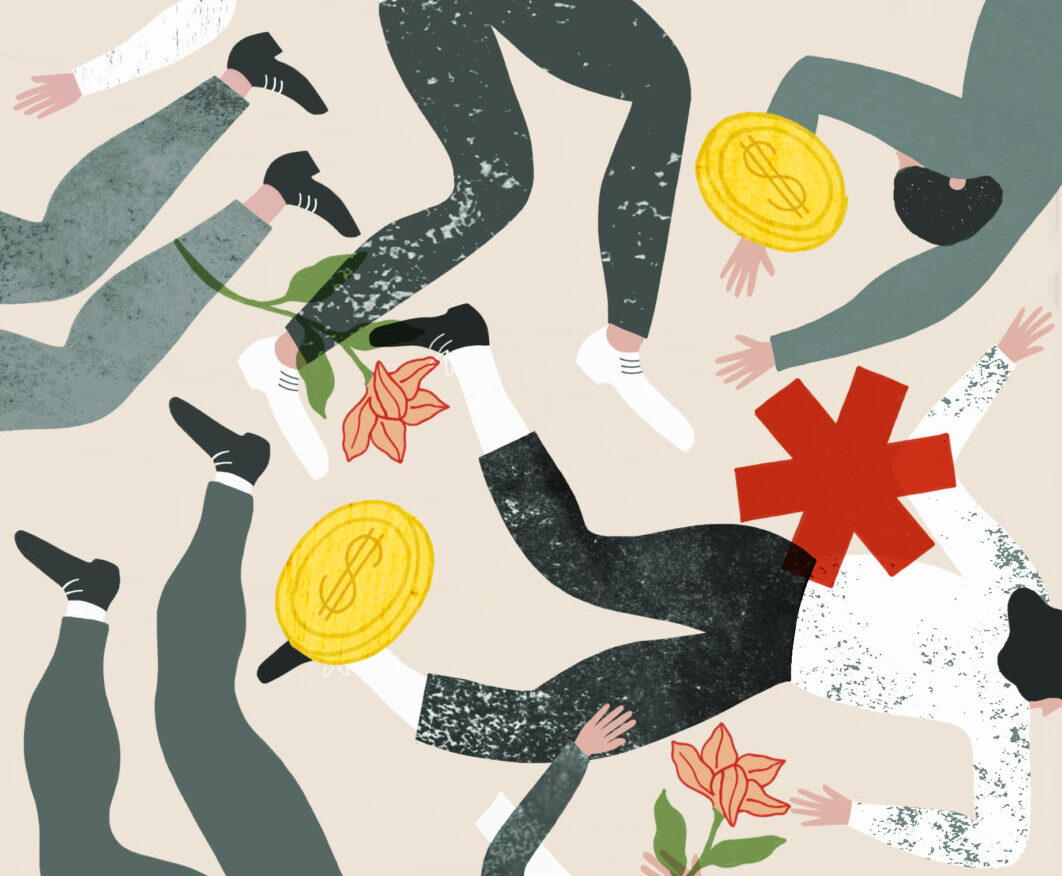
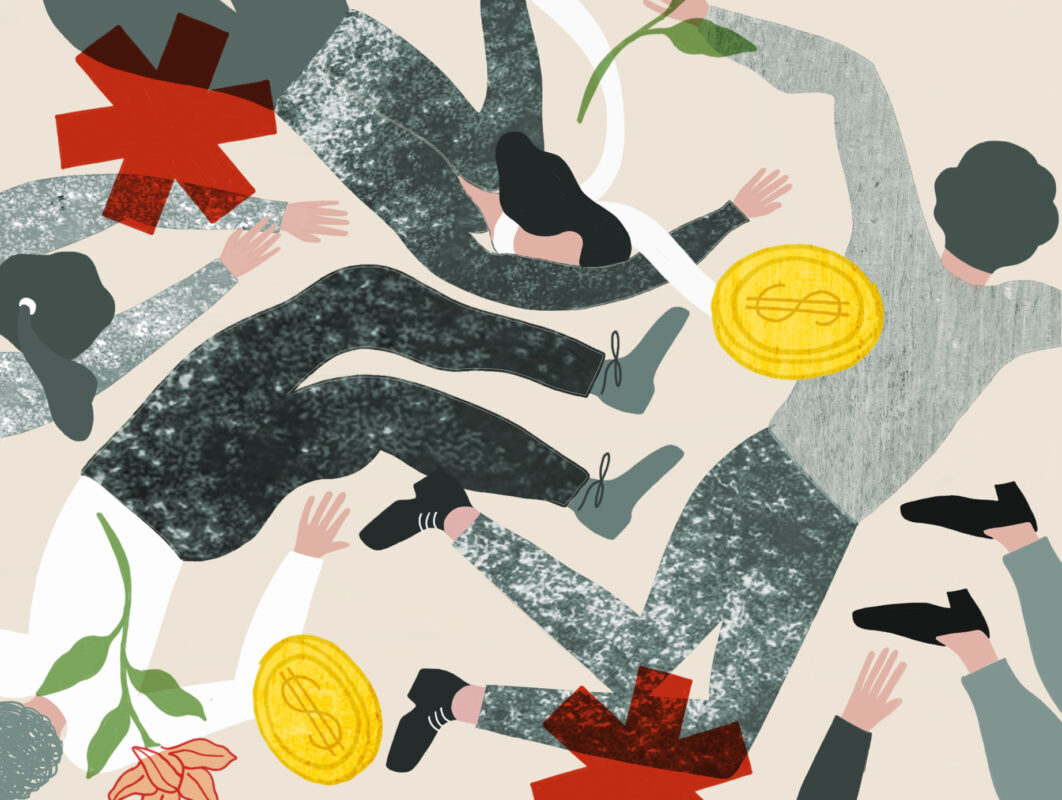
Economic and social consequences
Interview with the historian Walter Scheidele5 and the biologist and geneticist Philippe Kourilsk6on the eventual consequences of the Covid-19 pandemic.
“Wars and pandemics, in history, have often decreased inequalities. If the economy collapses and a vaccine isn’t found, it’ll probably happen again despite the differences with the situations from the past”.
In his book “La grande livellatrice. Violenza e disugualianza dalla preistoria a oggi” published by Il Mulino, Sheidele explains that in the long run, pandemics reduced the disparity between classes. But in a recent editorial in the New York Times, the scholar specifies that the current crisis may not have the same effect.
“Covid-19 reveals the flaws in our democracies starting with the inadequacy of healthcare services”.
Kourilsky in “Di scienza e Democrazia” discloses critical issues and necessities which today are also completely attributable to the effects of the coronavirus on a global and European scale and evidences the flaws of democracy today: flaws in altruism, which is the basis for solidarity; flaws in the capacity to compare and exchange ideas, which allow the participation in democratic life; flaws in efficiency without which there is no wellbeing.
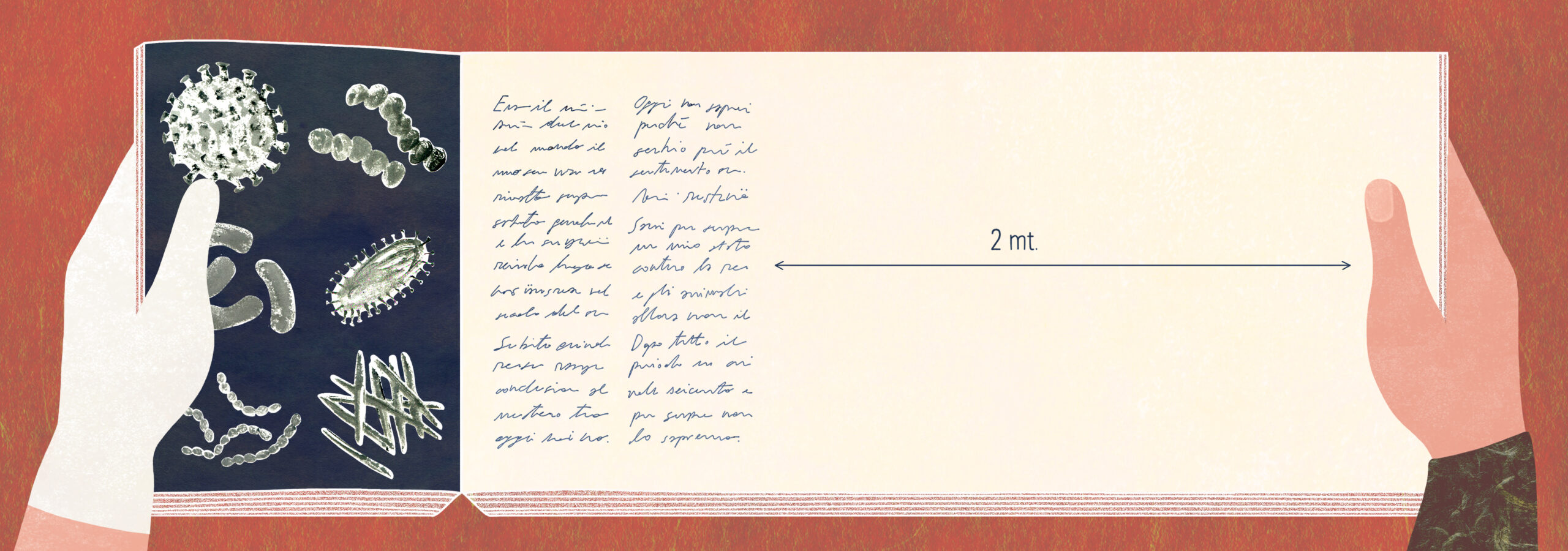
La pandemia ha imparato a scrivere (The pandemic has learnt to write) Article by Vanni Santoni.
In the beginning we looked to Camus’ La Peste and Saramago’s Blindness to understand what was happening: because even literature has something to say during times of lockdown.
Then the accounts from and about quarantine arrived: so many that the French editor Gallimard made a plea to write less and read more.

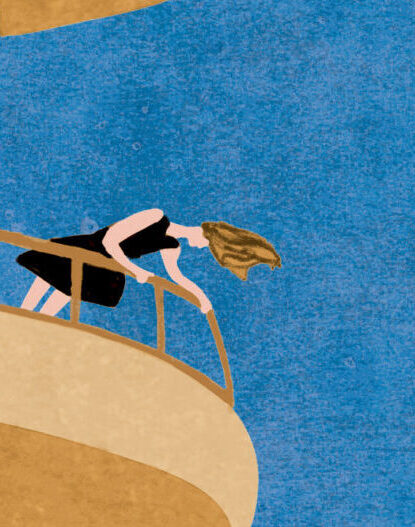
Gravity story by Etgar Keret, Israeli screenwriter and director. His works are collections of short, often autobiographical stories.
“Three days after they moved into their new apartment, the woman who lived above them, on the eighth floor, jumped out of her window. Romi was just coming back from the coffee shop, carrying two lattes, when the neighbour hit the sidewalk. Romi dropped the tray, spilling coffee all over herself, and her eyes locked in on the stains on her sweatpants so she wouldn’t have to see anything else”.
“So many sacrifices for the house. Then something happens and the magic ends. But life insists on being lived…”

I confini nelle città: la storia (con) divisa (Borders within cities: the shared / divided history) article by the historian Marcello Flores
“The announcement declaring Nova Gorica and Gorizia – territories split by the Second World War – as European Capital of Culture in 2025, is a sign to “heal separate memories”.
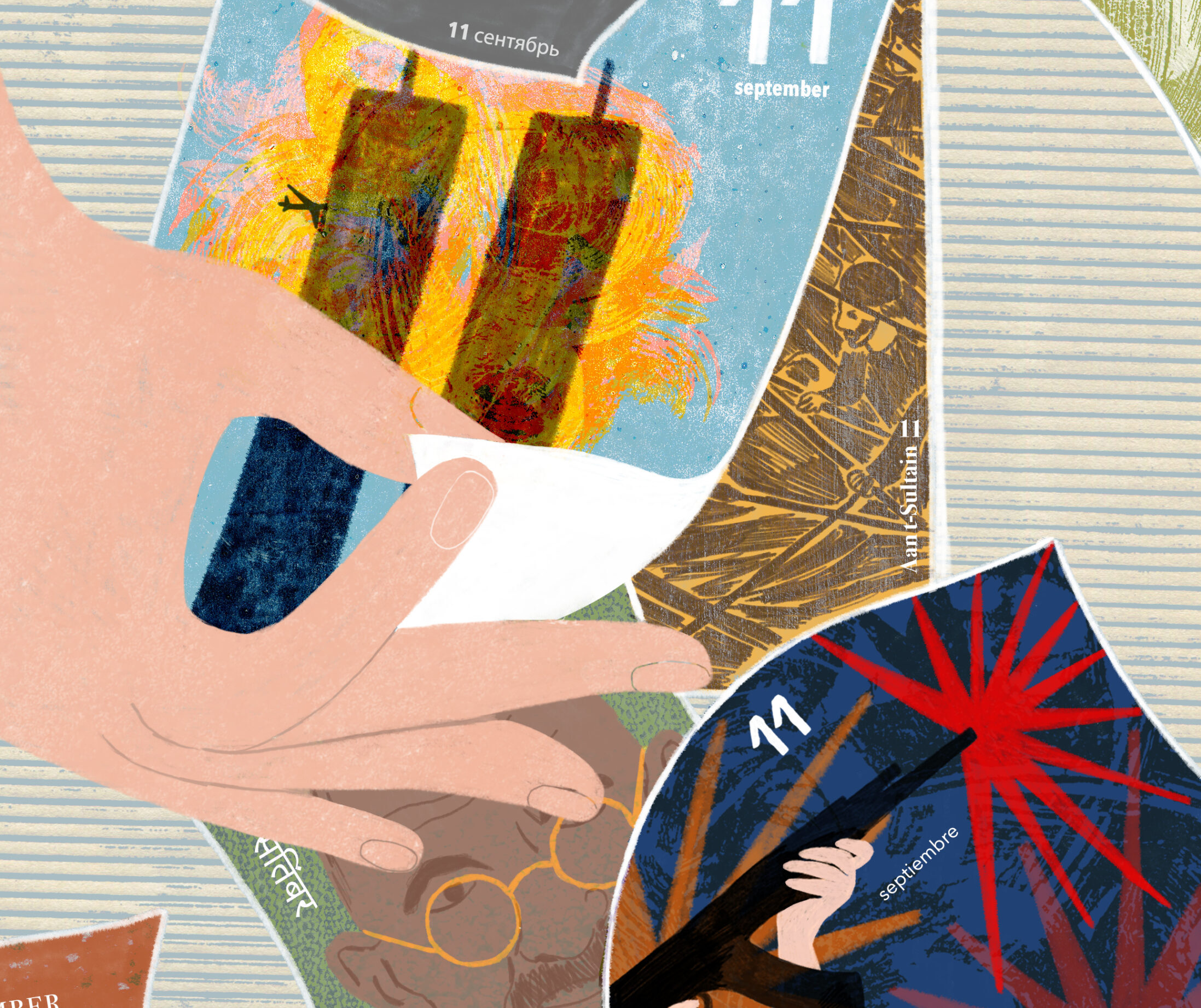
The other 9/11s. Ayad Akhtar, born in America to Pakistani immigrants, winner of the Pulitzer Prize for Drama for his play about the West and the East. In his new book “Homeland Elegies” he presents themes which are more problematic than ever.
“Twenty years ago, the world felt unprepared in front of an attack preceded by many warning signs. Twenty years on and the world is back to square one.”
9/11, a meeting point for many calendars: the deaths of Khrushchev and Allende, the Scottish and Catalan revolutions, Ghandi’s struggle…
